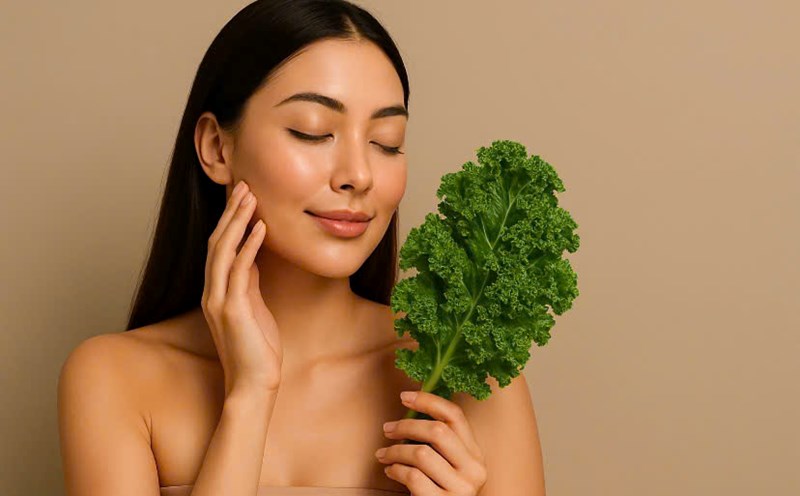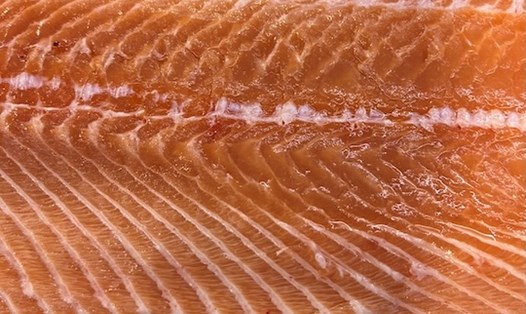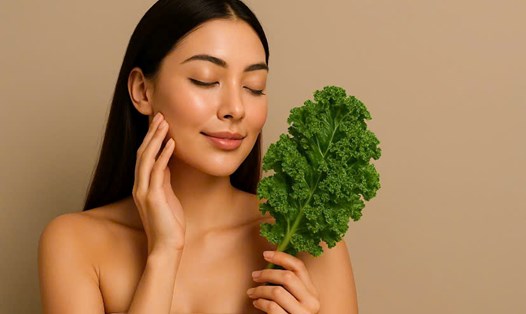Mango has a little-known outstanding effect of mango in its ability to help the body increase collagen production.
First, mangoes contain high levels of vitamin C, an essential element for the formation of collagen. Vitamin C is an important catalyst that helps link to form a complete collagen chain. At the same time, vitamin C also acts as a powerful antioxidant, helping to protect existing collagen fibers from the attack of free radicals - the cause of premature aging and skin damage.
An average ripe mango can provide up to 6070% of the body's daily vitamin C needs, thereby contributing to maintaining skin elasticity and smoothness.
Second, in addition to vitamin C, mangoes also contain vitamin A (in beta-caroten form), which plays a role in stimulating cell regeneration and protecting skin cuticle. Vitamin A helps increase new collagen production, reduce dryness and maintain the skin's natural moisture. Other antioxidants such as polyphenols and flavonoids in mangoes help reduce inflammation, slowing down the breakdown of collagen caused by UV rays and environmental pollution.
From the above factors, it can be seen that mangoes are not only a delicious dish but also an effective source of nutrients for skin and connective tissue health.
Adding mangoes to your daily diet, combined with a healthy lifestyle, drinking enough water and limiting refined sugar, will help the body produce collagen more effectively. This helps bring youthful, strong skin, limiting wrinkles.











